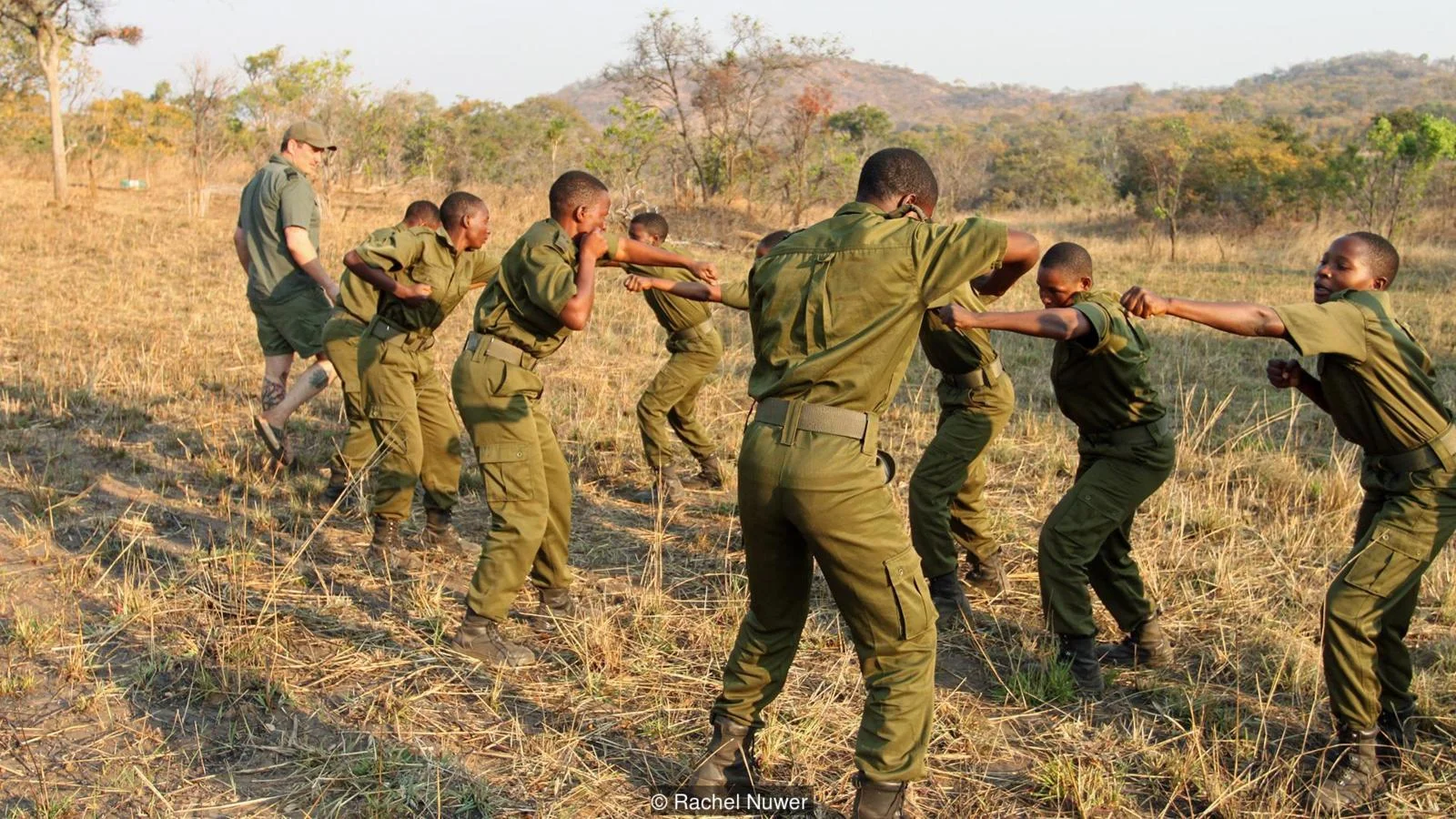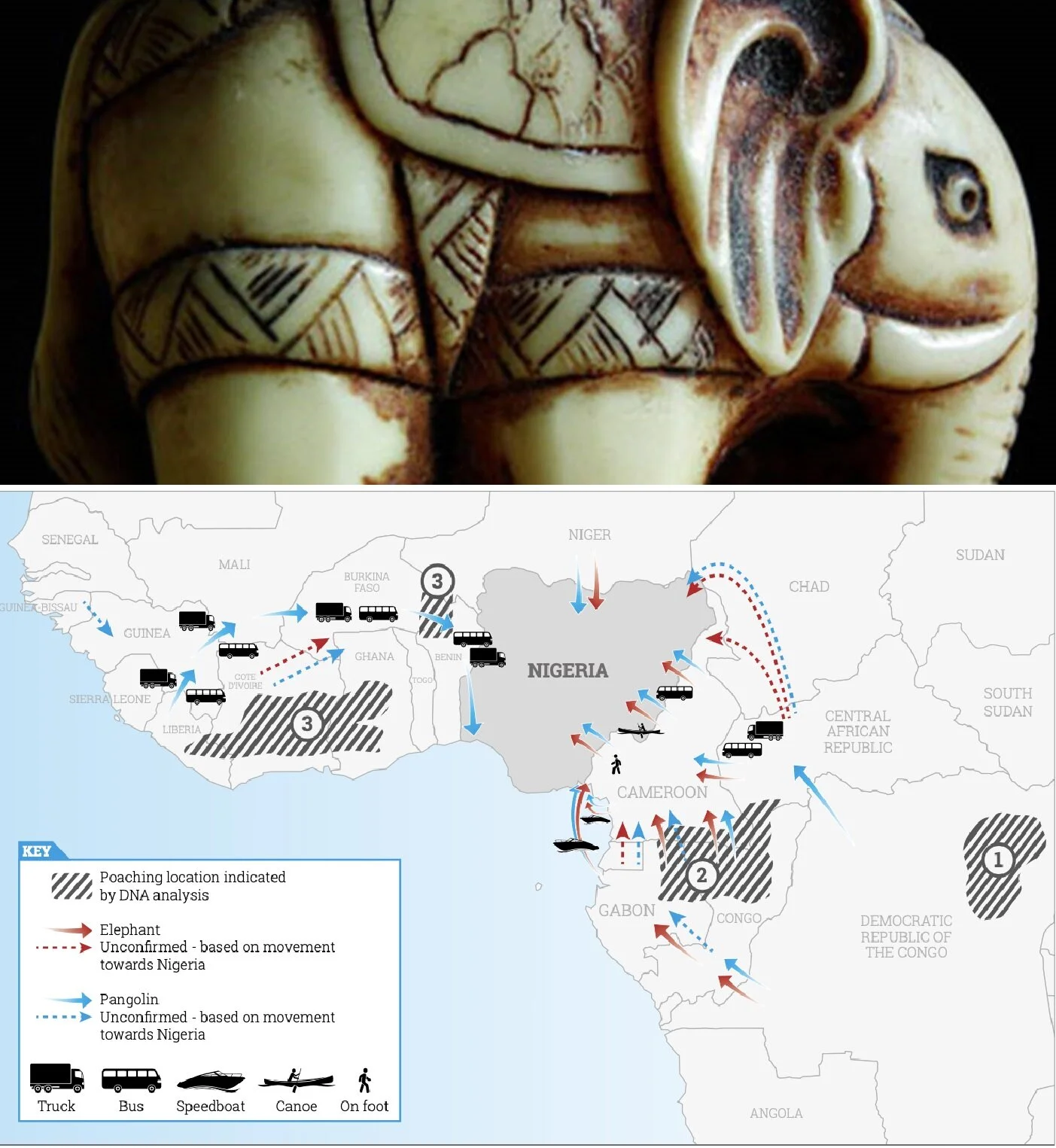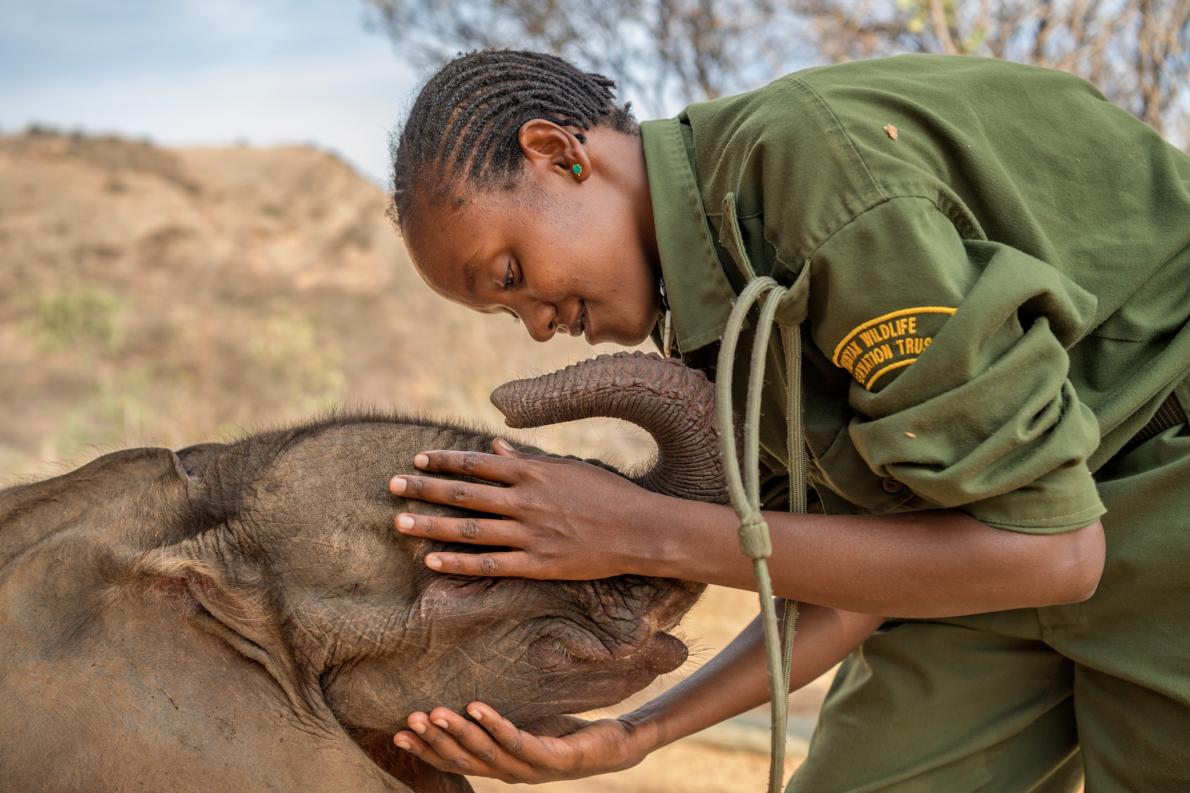Damien Mander Creates Female 'Akashinga' Anti-Poaching Force In Zimbabwe's Phundundu Wildlife Park
/Damien Mander Creates Female 'Akashinga' Anti-Poaching Force In Zimbabwe's Phundundu Wildlife Park
Faye Cuevas is not alone in recruiting women as wildlife rangers, responsible for patrolling and even shooting if necessary, ivory poachers. In September 2018, the BBC featured former Special Forces sniper, Australian Damien Mander, who says he found his ‘higher calling’ protecting wildlife in Africa. Knowing what key global military experts, including America’s own top military brass believes, Mander specifically focused on creating a female anti-poaching force in Zimbabwe’s Phundundu Wildlife Park nature reserve a 115 square mile former trophy hunting area that is part of a larger ecosystem home to some 11,000 elephants.
Though women rarely serve as rangers in Africa — a reality that Faye Cuevas also confronted in Kenya — Mander believes that putting the well-being of wildlife in their expertly trained hands could usher in a new way of carrying out conservation. In Mander’s vast experience, he believes that women rangers will create conservation practices that are far less violent, while empowering women and improving communities in the process.
“There’s a saying in Africa, ‘If you educate a man, you educate an individual, but if you educate a woman, you educate a nation’,” Mander says. “We’re seeing increasing evidence that empowering women is one of the greatest forces of change in the world today.”
Mander is hitting roadblocks, especially in his vision for 4,500 female rangers protecting wildlife across Africa. You can imagine the havoc he’s creating!










